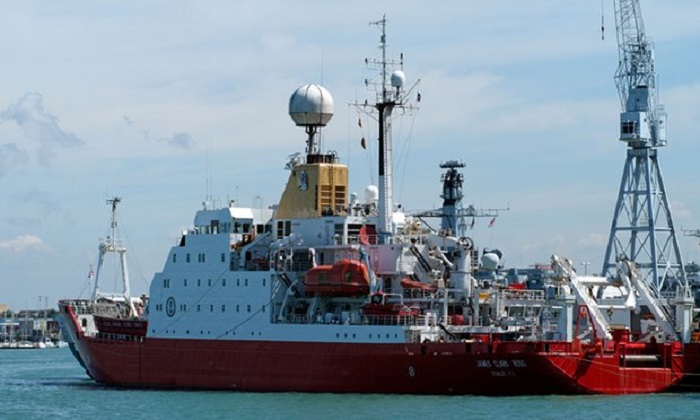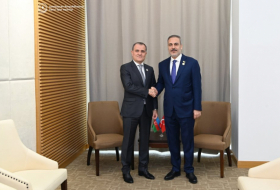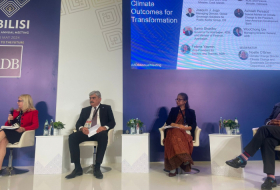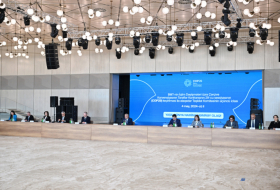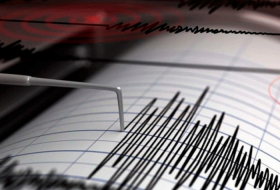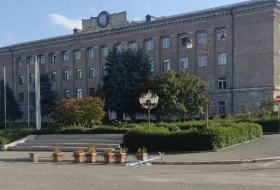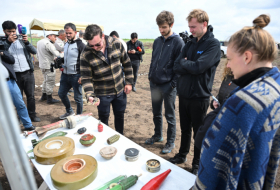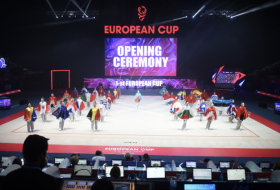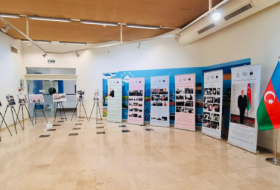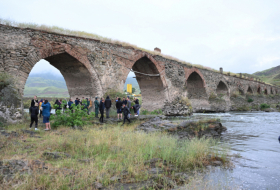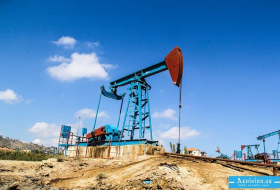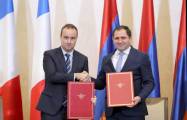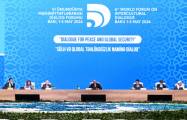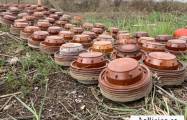But researchers still do not have a clear picture of exactly how prevalent the pollution has become in the wild. The Atlantic Meridional Transect expedition, due to leave the Port of Immingham on Tuesday, will travel to the middle of the Atlantic and then head south before cutting across to the Falkland Islands to shed light on how widespread microplastics are in zooplankton.
“Studies have proven that zooplankton suffer side effects from ingestion of microplastics: increased mortality, not as successful at reproducing. In other species, there is a change in behaviour that makes them more vulnerable to predation. Basically it’s not good for them, they’re going to die,” said Madeleine Steer at Plymouth University, who will be aboard the RRS James Clark Ross for the 46-day voyage.
“But there’s not much work that’s been done looking at the bottom of the food chain in the wild, and how microplastics affect them. We need to see the prevalence [of microplastics] in zooplankton.”
Steer will rise at 4am to spend 12 hours each day putting nets down to catch as much zooplankton as possible at the surface and at depths of up to 200m. The early starts are necessitated by more zooplankton coming to the surface when it is dark, when they are less likely to be eaten by predators.
Plastic in the Atlantic accumulates in central gyres in the north and south, Steer said, noting that because of the countries that flanked the ocean, it was already “quite polluted”.
Microplastics have become an increasingly high profile environmental problem. The UK government followed the US earlier this month when it said it would ban a subset of them, known as microbeads, from some household products.
Steer welcomed the UK ban but said it would not address bigger problems of plastic pollution at sea, in particular microfibres from clothing.
“It’s a good first step in getting people to realise what the issue is and to start reducing the amount of plastic that ends up in the ocean. It isn’t the whole picture. We don’t find that many microbeads in the natural environment. We actually find more fibres from clothes in the oceans.”
Scientists will travel up to 600 miles a day on the British Antarctic Survey vessel, which will also be helping to calibrate – or “ground truth” – a satellite project that is monitoring the colour of the oceans to create maps of phytoplankton chlorophyll, the green pigment found in plants.
More about:








